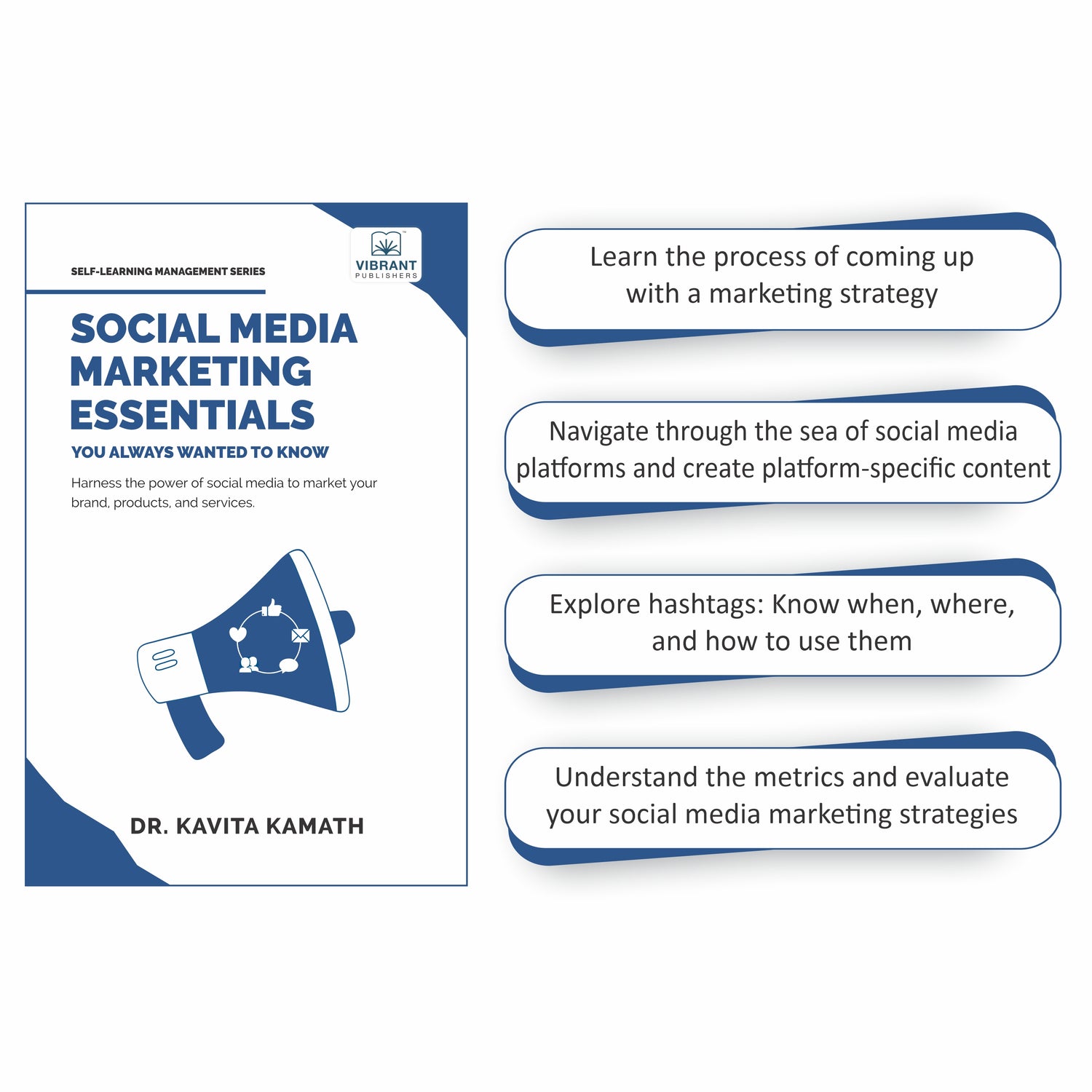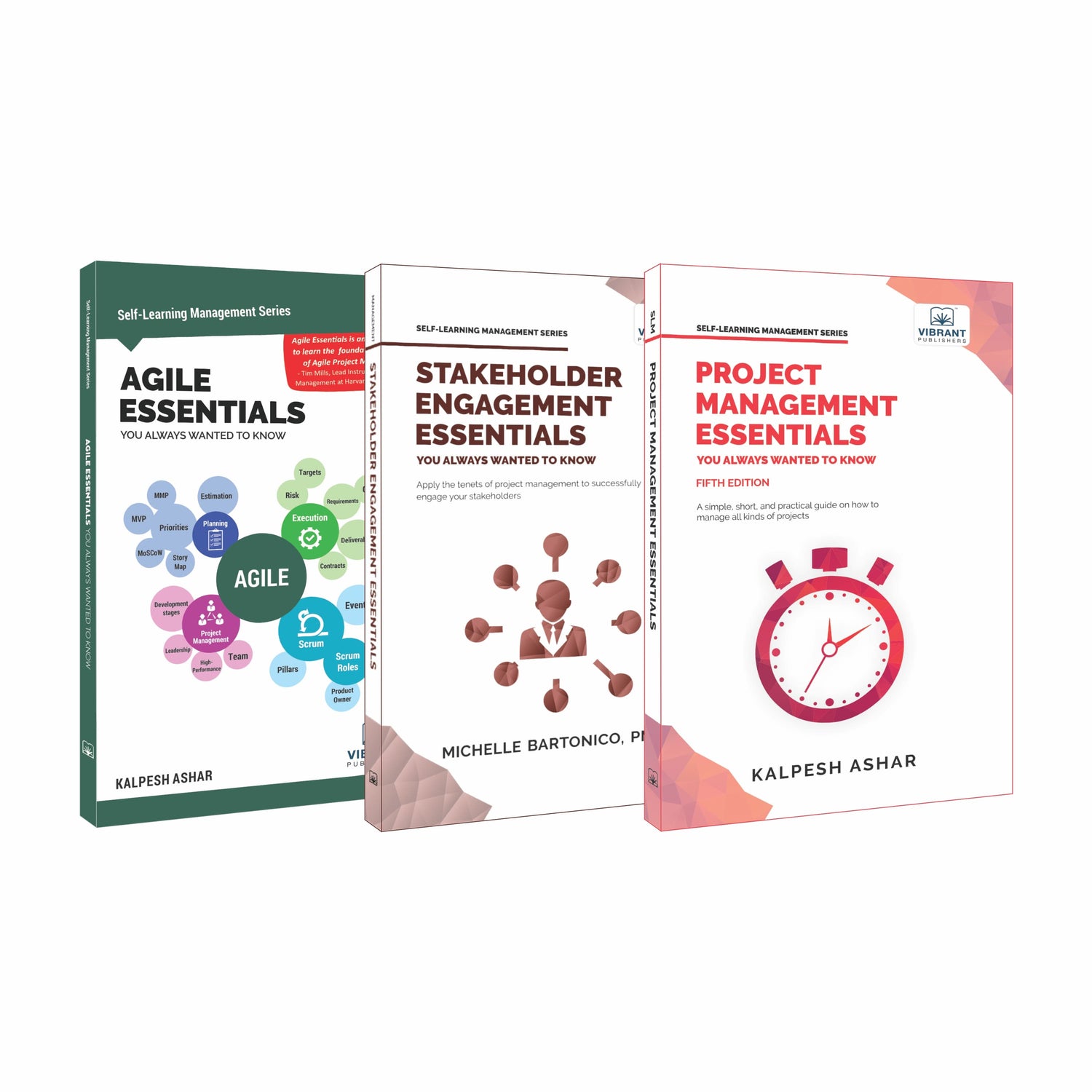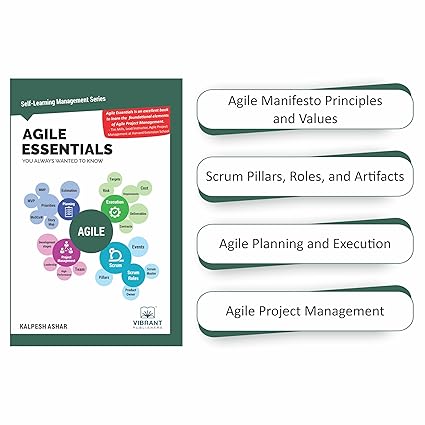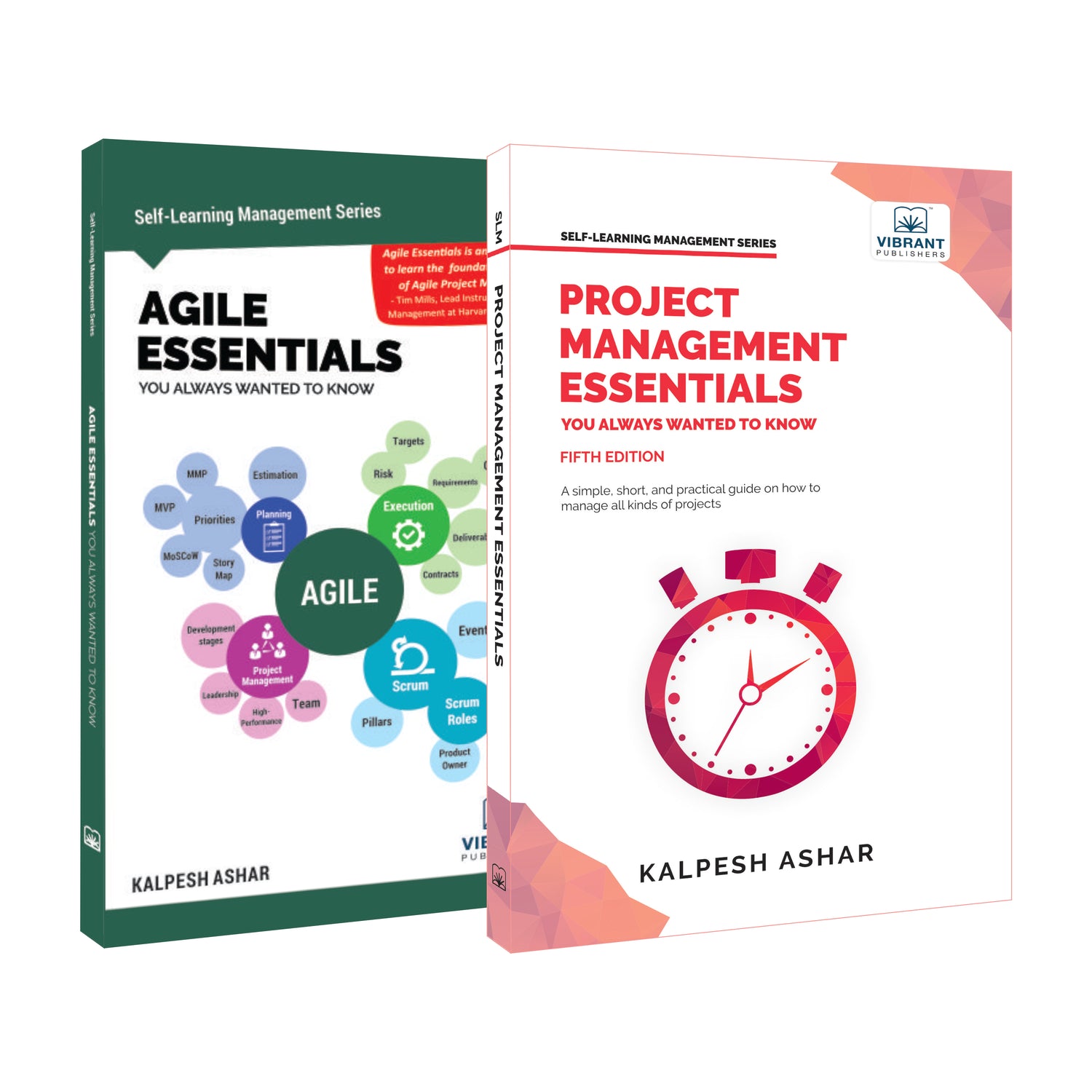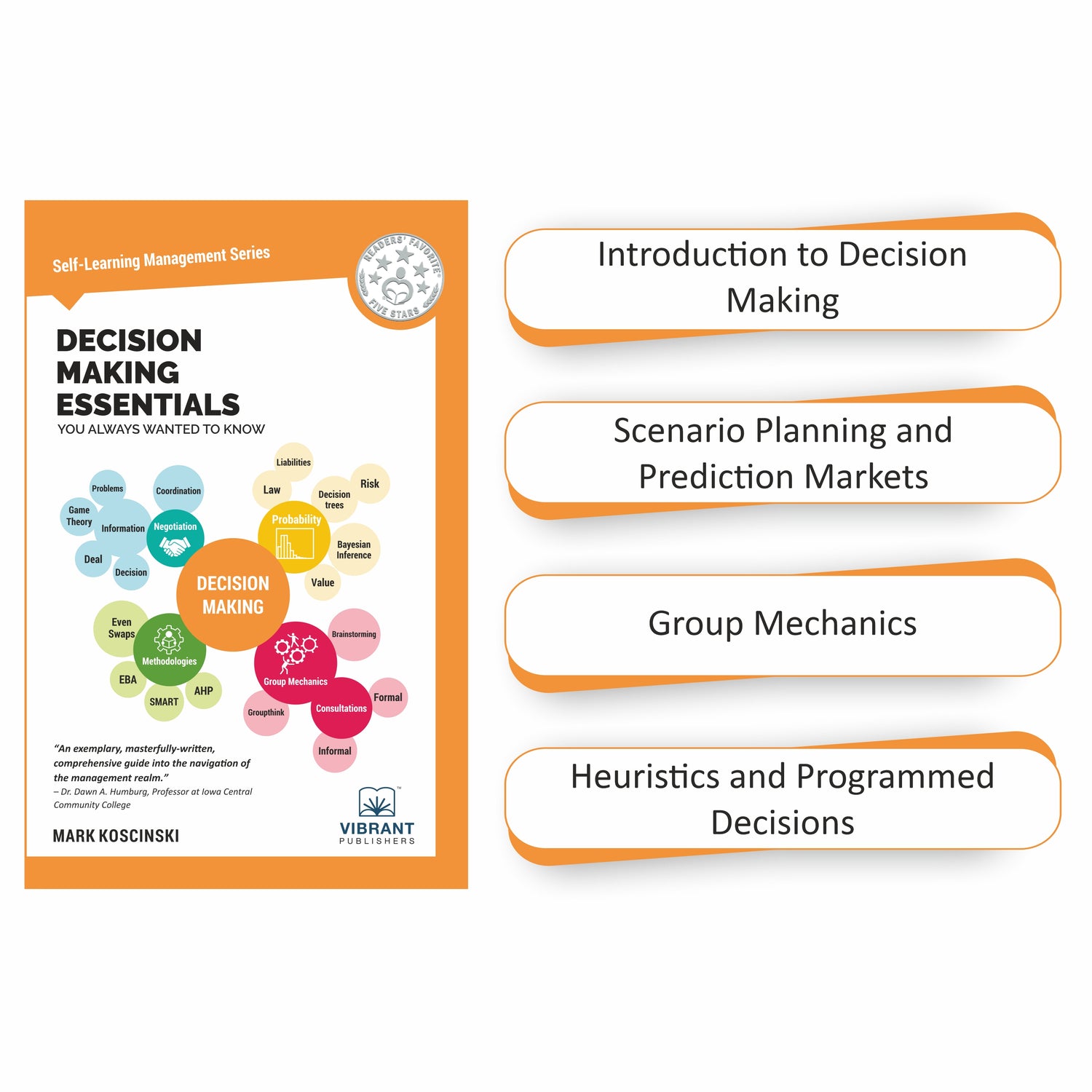Home
-
Blogs On Programming
-
What Is Business Analytics? Definition, Benefits, Trends, and Career Skills

What Is Business Analytics? Definition, Benefits, Trends, and Career Skills
In today’s fast-paced business world, staying ahead of the competition demands more than intuition and experience. Organizations must harness the power of data to make informed, strategic decisions. Here’s where business analytics enters—the game-changer that is transforming decision-making across industries.
From improving customer experience to optimizing supply chain efficiency, business analytics is no longer a luxury; it's a necessity for survival in a data-driven economy. The integration of artificial intelligence (AI) and machine learning (ML) has further expanded the potential of analytics, making it possible to automate complex decision-making processes and generate real-time insights. This blog takes a look at the specifics of the wide and ever-evolving field of business analytics.
What is Business Analytics?
Business analytics is defined as the use of data collection and analysis to support business decisions. It encompasses a variety of applications, including basic descriptive analytics and complex predictive and prescriptive models. These tools help businesses to progress from a best guess to a decision that is backed by data and, thus, is more accurate and effective. The figure below shows the three types of business analytics.

Three types of business analytics
Importance of Business Analytics
You cannot overemphasize the importance of business analytics in the current world we live in. Data-based decisions lessen the element of risk, enabling organizations to move forward with caution. For instance, a company can employ analytics to determine the most lucrative markets or the most profitable products.
Analyses also assist organizations in determining where they are performing poorly, where they can improve their processes, and cut down on costs. Predictive maintenance is also possible in manufacturing, which can lead to reduced downtime and the cost of repairs. Furthermore, businesses can know what their customers are likely to want or need and, in turn, provide them with what they want or need to keep them coming back.
All the companies that use advanced analytics perform better than their competitors in terms of revenue and profitability.
It is also important to note that predictive analytics is used in risk management, and organizations can use it to identify potential risks such as market risks, risks posed by the supply chain, and come up with preventive measures. Moreover, analysis is critical for sustainability and ESG (environmental, social, and governance) activities, which allow companies to measure and enhance their performance in these areas.
Real-Life Applications of Business Analytics
Business analytics is not just a concept in a textbook—it is changing how businesses work in the real world. Some of the real-life applications of business analytics are shown in the image below.

How different industries benefit from business analytics in real-world application.
Emerging Trends in Business Analytics
With the advancement in technology, the field of business analytics is also changing. Let’s take a look at some of the emerging trends in Business Analytics:
-
Augmented analytics:
Augmented analytics, enabled by AI, automates data understanding and insight formation, thus minimizing the role of humans in the process. This enables professionals to concentrate on critical thinking and decision making as opposed to time-consuming data collection and analysis.
-
Edge analytics:
It is a result of the growth of the Internet of Things (IoT), and it analyzes data at the point of origin (for example, IoT devices) rather than in centralized data centers. It enhances the generation of insights and decision-making, especially in areas such as manufacturing and healthcare.
-
Explainable AI (XAI):
XAI is another new concept that is appearing in the market as organizations try to understand and explain the decisions that AI makes. XAI guarantees that those involved, as well as other stakeholders, can understand how the AI model comes to its conclusions to increase trust and accountability.
-
Blockchain:
Analytics is also being combined with blockchain to increase data reliability, security, and real-time usage. For instance, in supply chain management, blockchain can offer a history of transactions that cannot be altered, which means that the analytics would be more accurate and reliable.
These trends are defining the future of business analytics, and they are making the field more available, effective, and valuable.
Skills Professionals Need in Business Analytics
To be successful in business analytics, both technical and soft skills are required. Here are some important skills needed to be successful in business analytics:
-
Data interpretation:
This is crucial; analysts have to be able to state strategies from the numbers. This includes understanding what the data is saying and how it can be used to address business issues.
-
Technical skills:
Technical know-how is just as important, and experience in programs such as Excel, Python, SQL, Tableau, and Power BI is required. Increasingly, too, expertise in cloud-based analytics platforms is needed.
-
Critical thinking:
This is another important skill because the people asking the questions correctly are the ones who would be able to guide analysis and spot opportunities.
-
Communication skills:
These are vital for summarizing results in a simple, direct, and appealing manner, thus gaining the attention of stakeholders
-
Legal aspects:
Professionals need to know about the legal and ethical aspects of data collection and analysis.
-
Ethical data handling:
This is important as we consider the issues of data privacy.
-
Artificial Intelligence (AI) and Machine Learning (ML):
As AI and ML are integrated into analytics, it is important to understand these technologies to fully exploit their capabilities
Business Analytics Essentials You Always Wanted to Know by Vibrant Publishers
The book Business Analytics Essentials You Always Wanted to Know is a compact guide for anyone looking to begin their career in business analytics and learn all the skills, tools and techniques needed to thrive in the ever changing landscape of business analytics.
Conclusion
Business analytics is more than just a buzzword—it's a crucial tool for navigating the complexities of the modern business environment. As technology continues to evolve, professionals equipped with analytic skills will lead the way in shaping the future of industries. Companies that embrace business analytics improve operational efficiency and gain a competitive advantage by making informed, data-driven decisions. With the rise of AI, machine learning, and automation, the potential for business analytics is limitless. Investing in these skills and technologies will be essential for professionals and organizations looking to thrive in a rapidly evolving digital economy. By leveraging the power of data, businesses can unlock new opportunities, drive innovation, and achieve sustainable growth.

Riyanka Jain, author of Business Analytics Essentials You Always Wanted to Know.
This blog has been written by Riyanka Jain, the author of Business Analytics Essentials You Always Wanted to Know
Read more about the book here: Vibrant introduces “Business Analytics Essentials”
If this blog has piqued your interest, you’d like to read more about the following topics as well:
What role does data analytics play in decision-making?
Why professionals must master business intelligence skills in 2025
Share




